
‘The consequences would be similar to a nuclear accident’
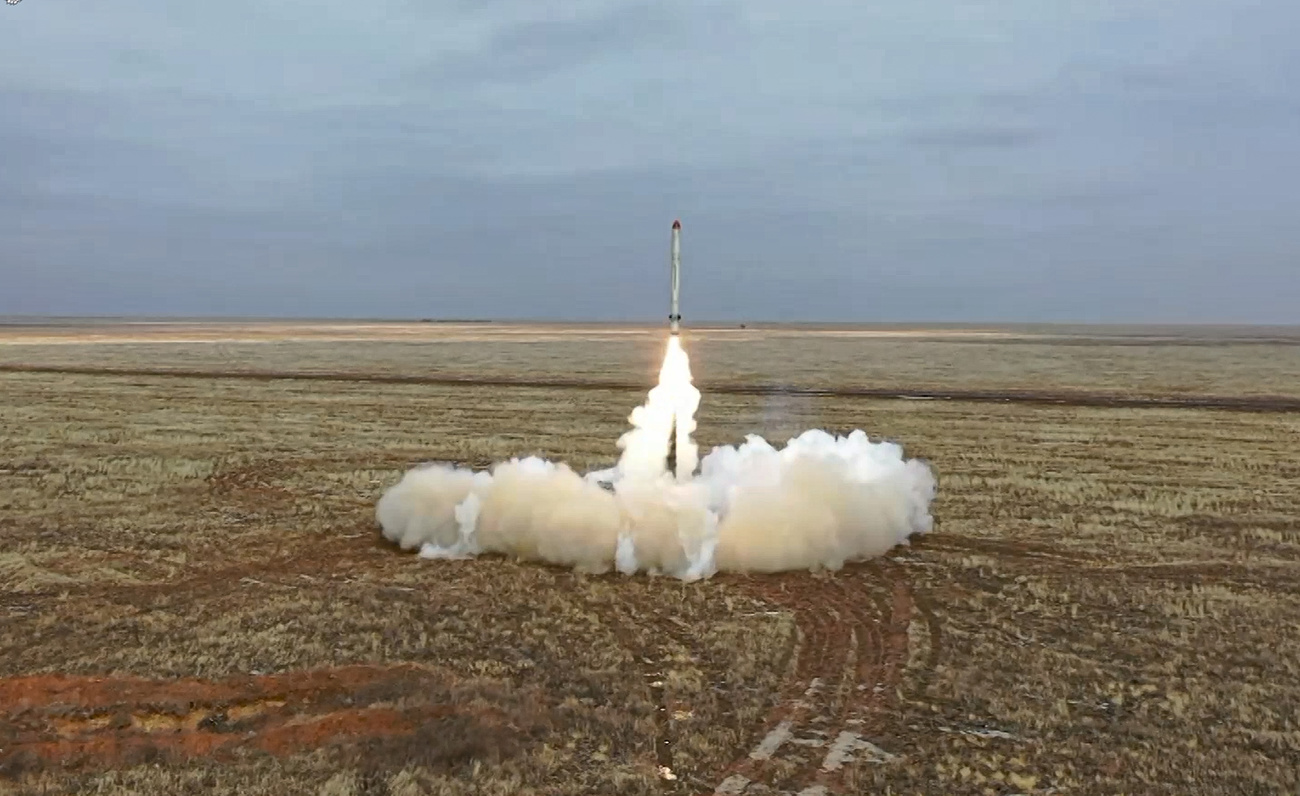
Russian President Vladimir Putin has issued an order to put his country’s nuclear weapons on alert. What would the deployment of nuclear arms in Ukraine mean for the surrounding countries, and how well-prepared is Switzerland?
Even before his instructions to the army on February 28 to “transfer the deterrence forces of the Russian army to a special mode of combat duty”, Putin had made latent threats to deploy nuclear weapons. In Europe, a fear that most people believed had lain buried since the end of the Cold War has been re-awakened.
The Swiss defence minister, however, told reporters that the population should not be afraid. “Our analyses indicate that the use of nuclear weapons is not very likely,” Viola Amherd said.
Oliver Thränert of the Center for Security Studies at the federal technology institute ETH Zurich also sees no reason to panic.
“For now I think it’s unlikely nuclear weapons would be used,” he said. “Putin is issuing threats to divide the West and foment popular dissent against Western governments.” The fact that people are so afraid of nuclear war means this strategy could indeed be effective, he added.
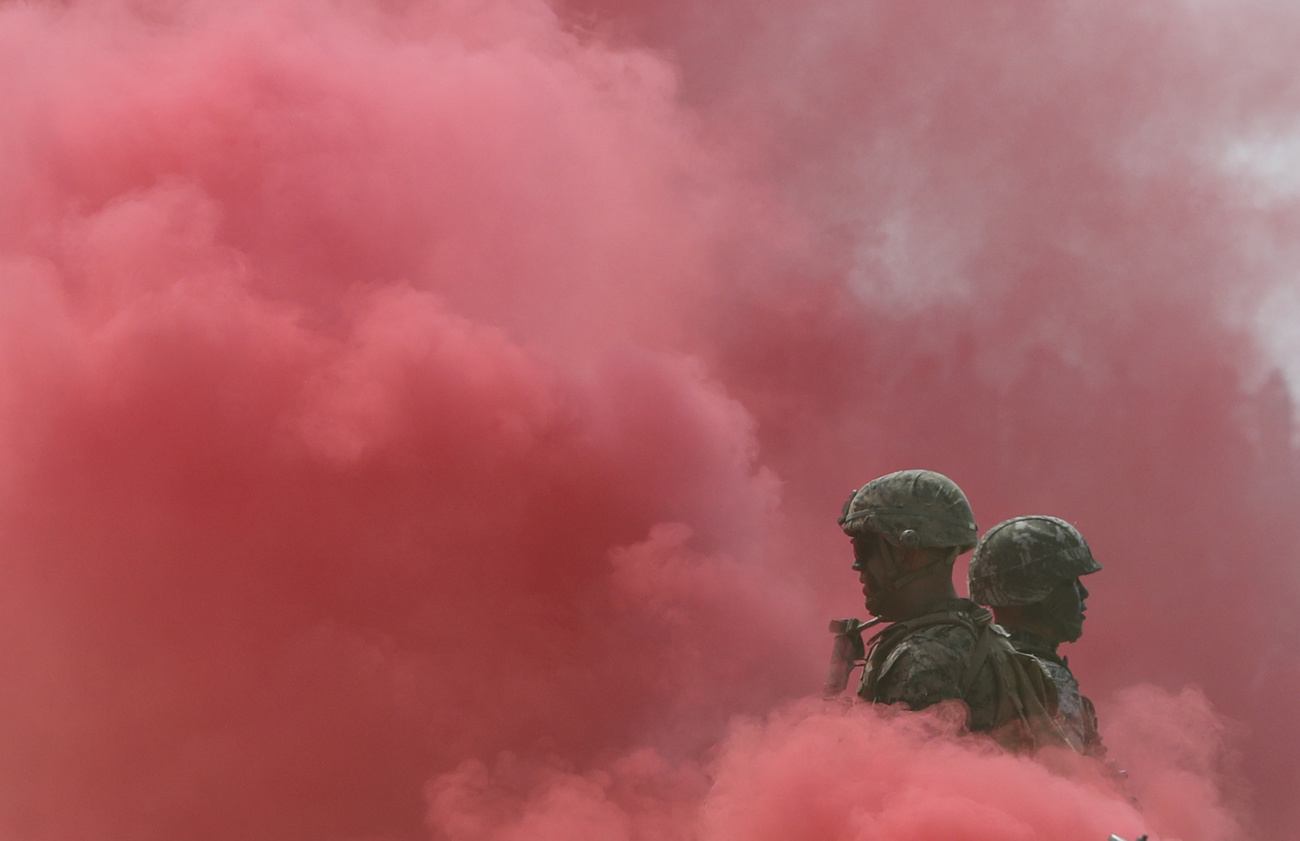
More
Explainer: What would a nuclear war look like?
But deploying nuclear arms would put Putin under intense domestic pressure. Thränert is convinced that the Russian people would not welcome the tactic.
Consequences for Europe
Regardless of how serious the threat is, what consequences would a deployment of nuclear arms have?
Russia has a sophisticated arsenal of diverse nuclear weapons that can be used on land or at sea. Some have a range that could reach Berlin, Paris or even New York, while others could be deployed locally in Ukraine. They are referred to as strategic or tactical nuclear weapons.
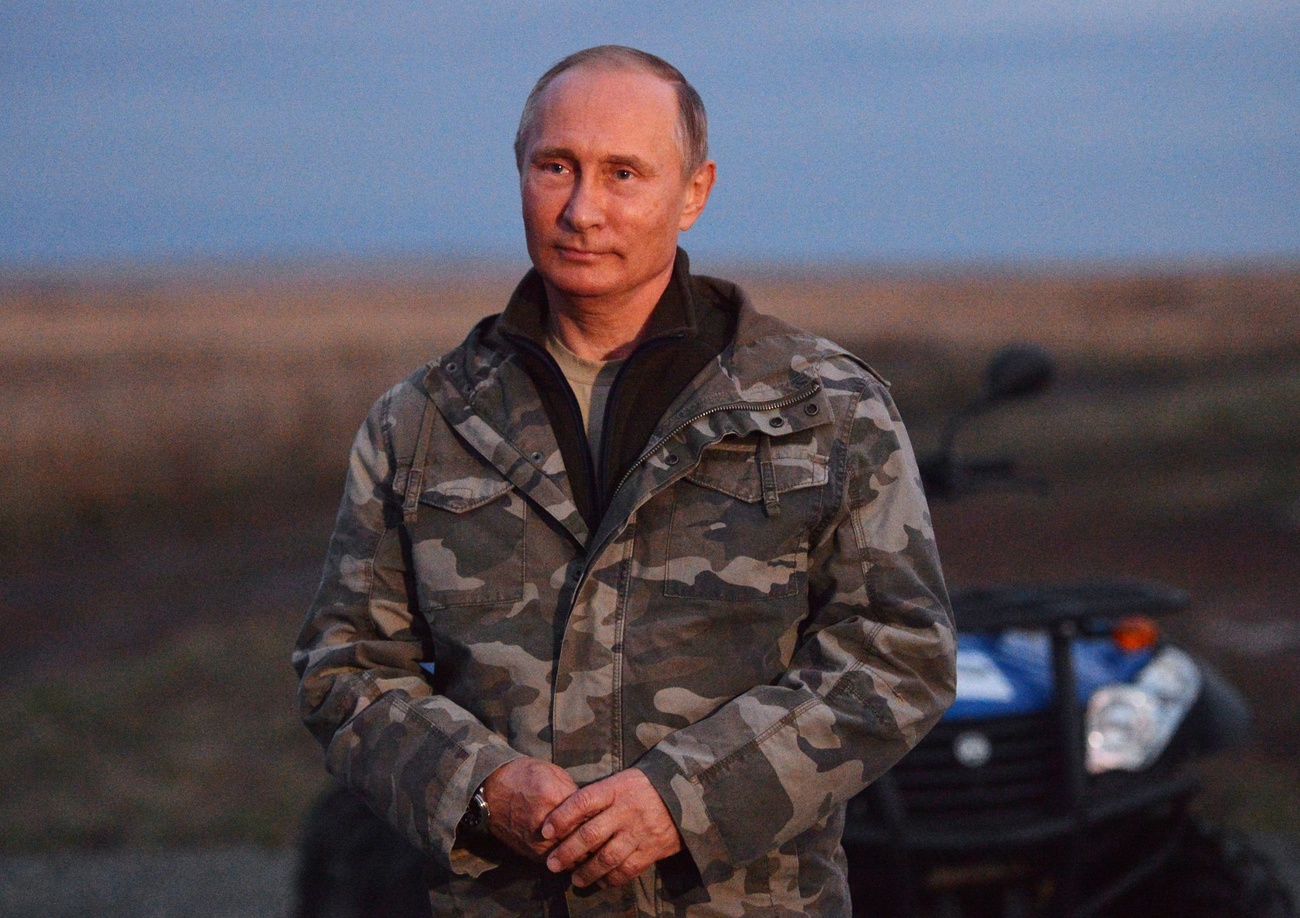
“Not all nuclear weapons are currently ready for deployment, but altogether Russia has more than 6,000 nuclear arms at its disposal,” said Thränert.
The use of nuclear weapons in Ukraine would “of course” have consequences for Europe and Switzerland, he added, even if only tactical weapons with a limited range were to be deployed. Wind and clouds would transport radioactivity.
Swiss Solidarity has launched a fundraising campaign to help cope with an expected humanitarian crisis in Ukraine. Donations can be paid via postal account 10-15000-6, adding the words “Crisis in Ukraine”.
In a first phase, the money will be used to help refugees in countries neighbouring Ukraine, notably in Poland. Swiss Solidarity works with charities and aid organisations, including Caritas, HEKS/EPER, the Swiss Red Cross, Helvetas, Medair, Médecins Sans Frontières and the Terre des hommes foundation. If possible and if necessary, aid projects will also be supported in Ukraine. The money goes exclusively towards humanitarian aid.
Swiss SolidarityExternal link is an independent foundation. It was born from a programme by the French-language public radio and is now the humanitarian arm of the Swiss Broadcasting Corporation, the parent company of SWI swissinfo.ch.
Albert A. Stahel, a Swiss military strategist, shares this analysis. “If Putin were to fire operative tactical nuclear weapons over Ukraine, then depending on the explosives and the wind, we would be affected by nuclear rain,” he said.
According to Thränert, depending on the weapon, the consequences would be similar to a nuclear accident but more severe than those of the reactor accident at Chernobyl. “Even the tactical weapons of today have a higher charge than the atomic bombs that were dropped on Nagasaki and Hiroshima,” he said.
More
Lack of preparedness in Switzerland
Switzerland is known for its so-called “bunker mentality”. By lawExternal link, every resident is guaranteed a spot in a sheltered space. The government also has guidelines on which foodstuffs people should store for emergencies.

More
Two days in a shelter with 27 neighbours and a barking dog
Nevertheless, Stahel says Switzerland is ill-prepared for a nuclear attack today compared with past eras.
“We used to be well-protected,” he said. “But today not much of that is left.” The army bunkers are a thing of the past; they have since been let to civilian companies. Fortress Switzerland is history.
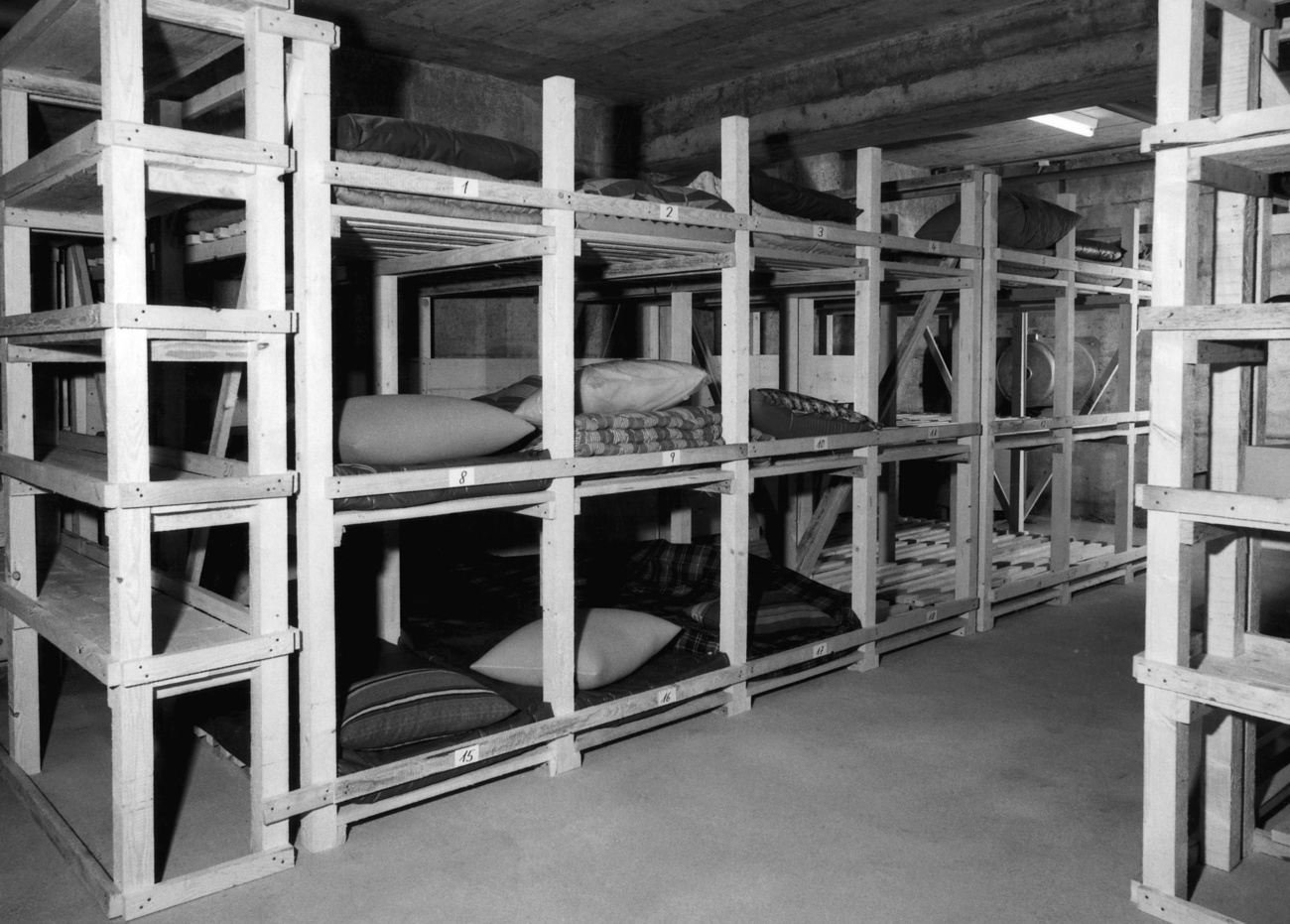
The defence ministry denies this. “As far as shelters are concerned, Switzerland is very well prepared, with space for the entire population.” The cantons are responsible for planning how these places are allocated and for updating the plans regularly. “An announcement on the allocation of protected space would only be made if the security environment demanded it. That is not the case at the moment.”
The National Emergency Operations Centre has its own radioactivity measuring network. A total of 76 probes, distributed across the whole country, transmit the current levels every ten minutes, according to the defence department. If a certain threshold is exceeded, an automatic alarm goes off. So the radiological environment is monitored around the clock.
There are 7,000 sirens in Switzerland to warn the population of dangers. If radioactive clouds were to blow over Switzerland, the population would be urged to stay at home, shut windows and doors or go seek refuge underground for a few days. People might also be advised to take iodine tablets so that any radioactive iodine they have inhaled does not build up in the thyroid gland.
(Translated from German by Catherine Hickley)
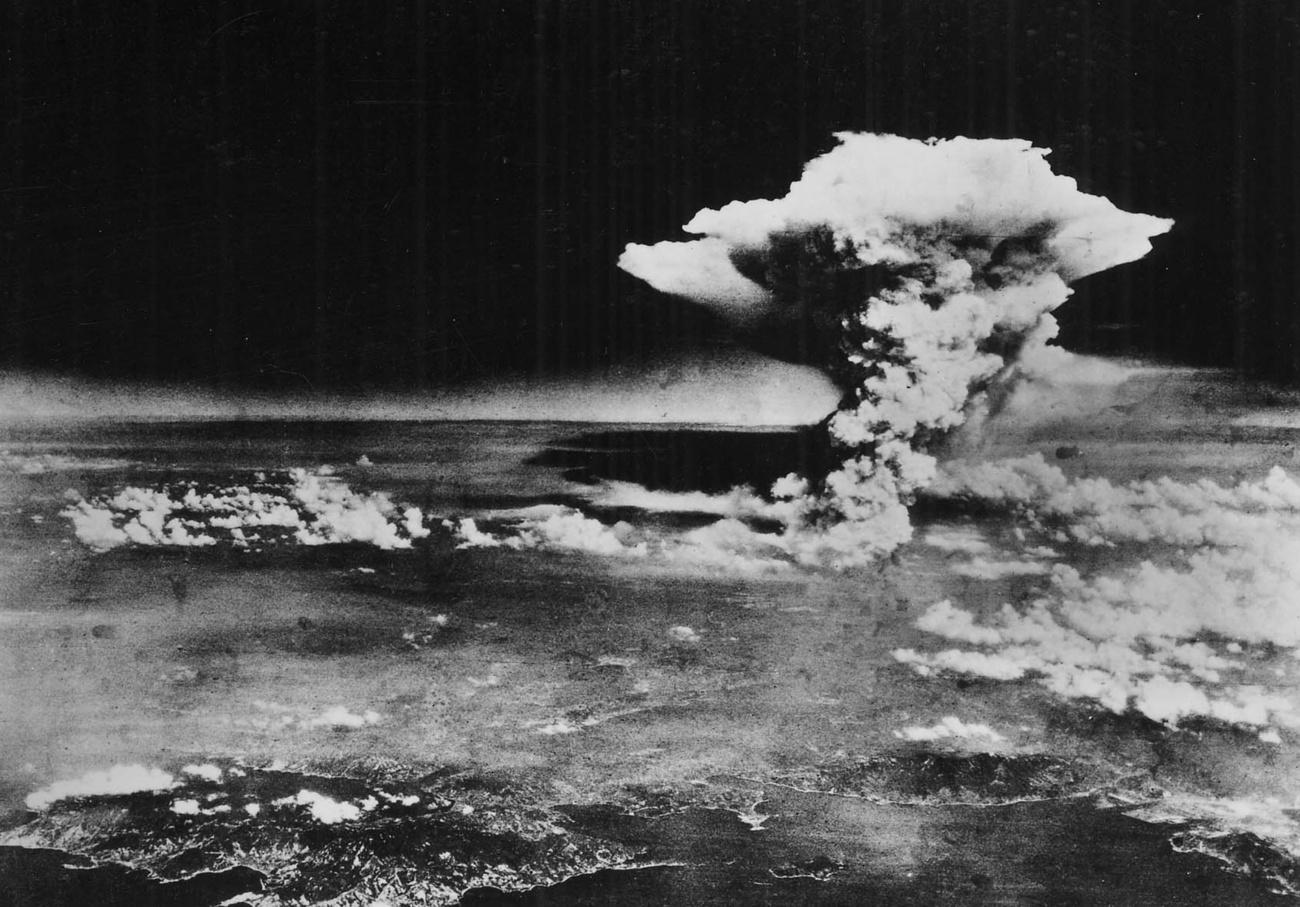
More
More than half of Swiss millennials expect nuclear attack in next decade

In compliance with the JTI standards
More: SWI swissinfo.ch certified by the Journalism Trust Initiative
















![The four-metre-long painting "Sonntag der Bergbauern" [Sunday of the Mountain Farmers, 1923-24/26] had to be removed by a crane from the German Chancellery in Berlin for the exhibition in Bern.](https://www.swissinfo.ch/content/wp-content/uploads/sites/13/2025/12/01_Pressebild_KirchnerxKirchner.jpg?ver=cb688ed5)










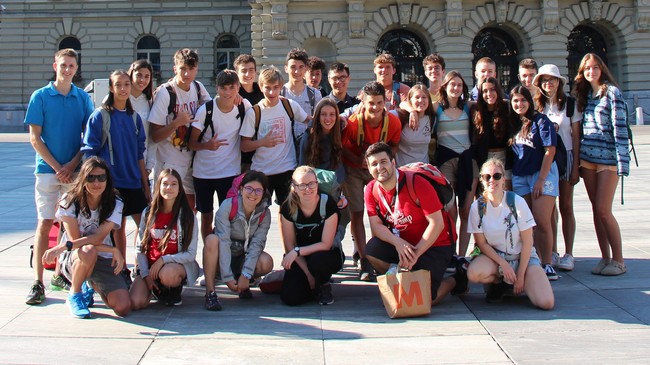





You can find an overview of ongoing debates with our journalists here . Please join us!
If you want to start a conversation about a topic raised in this article or want to report factual errors, email us at english@swissinfo.ch.